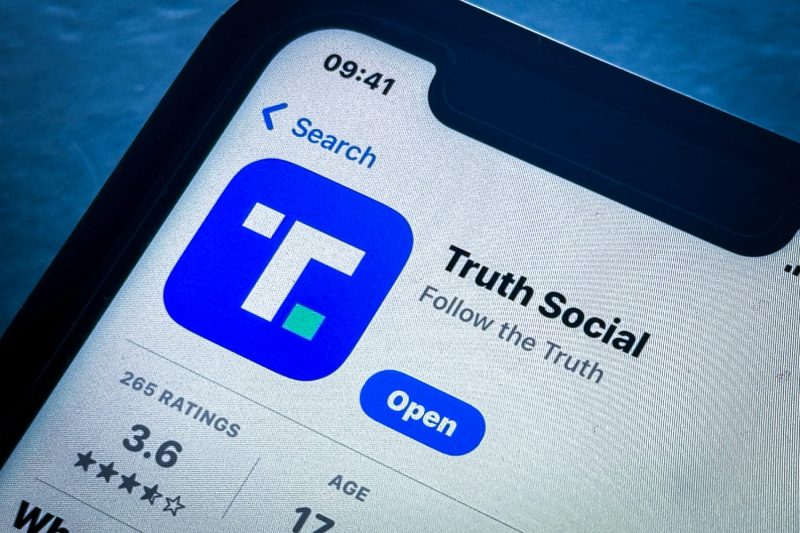Recent events have seen the CFO of Trump Media & Technology Group (TMTG), Luis Miguel and two other insiders making hefty sales of their DJT shares amounting to millions. This move left many market observers scratching their heads and raises important questions about potential motives and implications.
One cannot overlook that these stock sales come at a crucial time, amidst high-stakes negotiations and extensive strategic planning sessions for the media company. Yet, Miguel and two other insiders collectively sold off around 878,000 shares of DJT stock. The total value of these transactions amounted to several million dollars.
Miguel, well-known as a shrewd financial guru and strategist with an extensive finance and management background, sold approximately 500,000 shares. His sale alone totaled more than $5 million, representing a significant portion of his holdings.
The other two insiders who divested their shares also held prominent positions in the company. Their unloading of DJT shares compounds the intrigue surrounding these transactions. Together, they offloaded nearly 378,000 shares, the monetary worth of which runs into multiple million. It’s significant to note that both entities—Miguel and each of these two insiders—had different and individual reasons for their sales, reflecting their positions and projections in the company.
Why would these insiders depart from a considerable share of their DJT equity at this juncture? While the public can only speculate, some possible reasons could be a desire to diversify their financial portfolios. Others suggest that selling stocks could be a pragmatic move to guard against the inherent instability and risk in today’s media industry. There’s also the traditional idea of insiders selling shares to profit from their high price and invest elsewhere with the potential for a greater return rate.
It is essential to emphasize that insider trading is not always indicative of a company’s financial health or future prospects. Often, it represents a routine part of business operations, particularly in high-stakes and fluid situations such as the one faced by TMTG.
Various market analysts have reiterated that investors should not necessarily see these sales as a negative reflection on TMTG. They argue that insider trading is a complex issue with several factors at play. Much will depend on how TMTG management responds to these sales and how they guide the company moving forward. Ultimately, only time will reveal the long-term impact of these stock sales on TMTG and its stakeholders.
This development continues to draw increased attention, with market watchers keenly observing its ramifications. As always, it’s vital to remember that while significant, these stock sales are just one piece of a much larger and continuously shifting business puzzle.






























